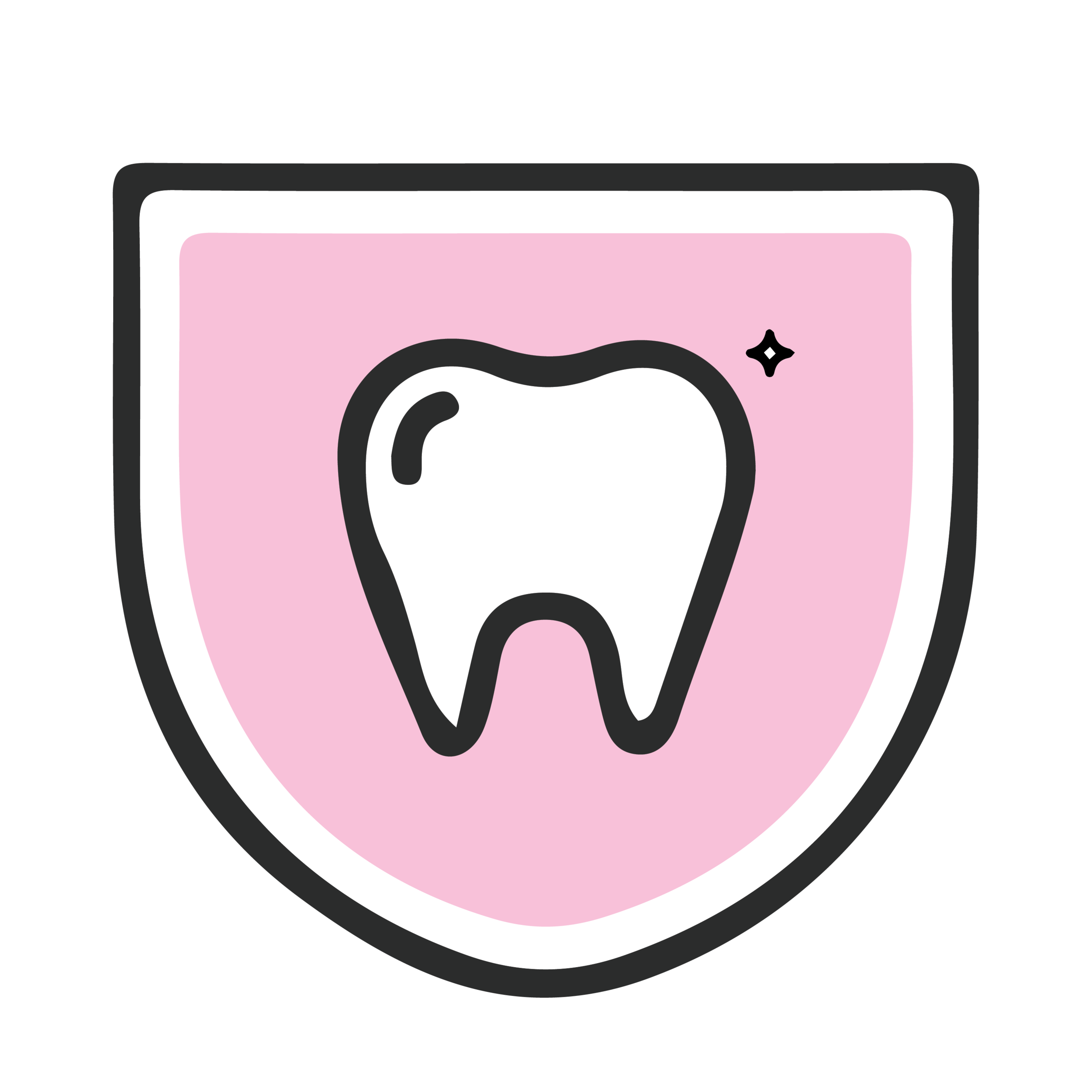< GENERAL
Sealants
Protect Your Teeth with Dental Sealants
Dr. Raquel suggests dental sealants for you or your children, if she suspects that the teeth are prone to tooth decay. This recommendation doesn’t mean your dentist thinks you aren’t taking good care of your teeth. Some people are simply more likely to develop cavities because of the structure and shape of their teeth. Dr. Raquel recommends sealants for children and adults who need extra insurance to keep their mouths healthy and cavity free.
What Are Dental Sealants?
Dental sealants help protect teeth from developing decay. The deep grooves of your molars trap food particles, making the teeth far more susceptible to cavities. The plastic sealants are coated onto the chewing surface of permanent molars, creating a smooth barrier between tooth enamel and food particles, bacteria, and plaque.While the youngest patients do benefit greatly from getting sealants, sealants are not recommended for all patients. The point of sealants is to protect vulnerable tooth enamel before decay has a chance to get settled, no matter your age. Typically, sealants are reserved for the newly erupted molars of children. Adults whose teeth are free of decay or who have fillings in their molars already can also benefit from sealants.
The When and Where of Dental Sealants
Protection against cavities may sound like a great idea for all your teeth, but sealants are a preventive dentistry procedure that is usually limited to the pre-molars and molars. (Other permanent teeth that are grooved or pitted may be good candidates for sealants too.) As soon as these teeth come in, children should have them coated with sealants. This measure can act against the cavity-prone years – basically most of childhood up until nearly driving age.In some cases, Dr. Raquel may recommend dental sealants for your child’s baby teeth. This move may seem unnecessary, but baby teeth play an important role as placeholder in your child’s mouth. You want to do everything you can to keep these teeth healthy until permanent teeth push them out of the way. These efforts may include the application of sealants, and absolutely includes diligent at-home care and every-six-month visits to your dentist for dental check-ups and cleanings. Dental sealants are placed on the chewing surface of a molar after it has completely erupted beyond the gum. Because molars do the bulk of the work mashing up food, the deep fissures in the teeth are well-protected by sealants.
The Dental Sealant Procedure
Dental sealants are usually white, clear, or slightly tinted, depending on the type of sealant your dentist chooses to use. The sealants are thin and invisible to the naked eye. As a dental procedure, the application of sealants is quick, non-invasive, and pain-free – the procedure truly takes only minutes. The tooth surface must be cleaned first, rinsed, and dried. Then an acidic solution is placed on the chewing surface of the tooth to create a rougher surface on the enamel. This makes it easier for the sealant to bond to the tooth. Once this first layer has dried, the liquid dental sealant is brushed on and cured using a special light. The final coating is a hard, plastic varnish that forms a protective shield over the enamel of the treated tooth.Sealants can last for up to 10 years with proper care – and this time is long enough to get your child through the bulk of their adolescence and help prevent cavities. Sealants do not have to be removed. Over time, they will gradually wear away and can be replaced as needed, but during that time your teeth will not feel any different.The most important thing to keep in mind is that sealants are not total coverage against cavities. It is still necessary to take good care of your teeth (or your child’s teeth) at home and by visiting your dentist regularly. Plus, dental appointments give your dentist an opportunity to check the sealants for wear or chips and reapply if necessary.Cavities happen, but they aren’t inevitable. Preventive methods can keep tooth decay from having its way with your teeth, and keep decay from ruining your child’s dental health. Dr. Raquel is prepared to offer treatment to young and older patients alike.


